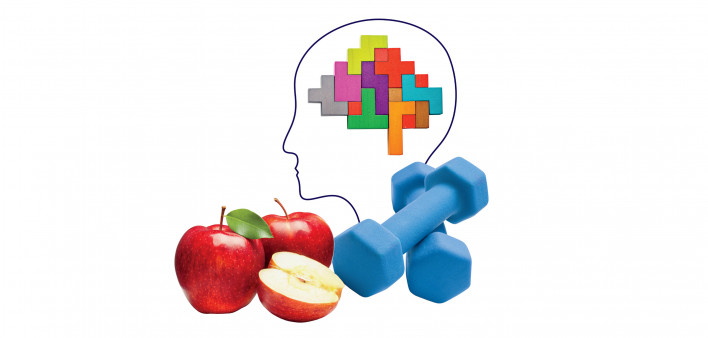Hepatitis C virus (HCV) coinfection and dependency on alcohol or other substances may exacerbate people with HIV’s already elevated risk of premature brain aging.
Researchers measured brain volumes according to 1,100 MRI scans collected over a 14-year period from 549 people between 25 and 75 years old. This group included 68 people with HIV who did not have alcohol dependence, 60 people with HIV with alcohol dependence, 222 people without HIV who had alcohol dependence and 199 control subjects who had neither HIV nor alcohol dependence.
Compared with those who did not have the virus, those with HIV experienced steeper declines in the volume of the prefrontal cortex in particular. Those with the virus also showed deficits in their temporal, parietal, insular and cingulate brain regions. Alcohol and drug dependence as well as HCV coinfection were associated with exacerbated HIV-related brain volume deficits. Nevertheless, people with HIV who had neither substance dependence nor HCV saw accelerated age-related declines in the volume of the frontal and posterior parietal regions of the brain compared with the control subjects.
“Steps to take by people living with HIV and HCV for maintaining good health into aging include eating well, exercising regularly and engaging socially while reducing alcohol and drug use, keeping up with antiretroviral treatment, and getting treatment for hepatitis C infection,” says the study’s lead author, Edith V. Sullivan, PhD, a professor of psychiatry and behavioral sciences at Stanford University.







Comments
Comments